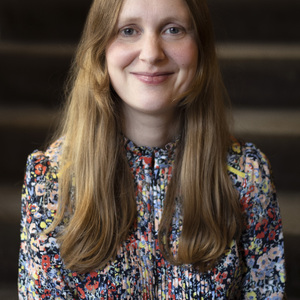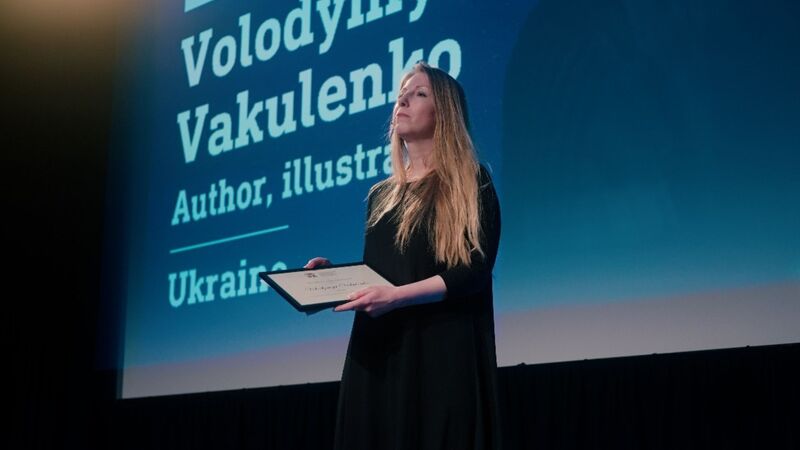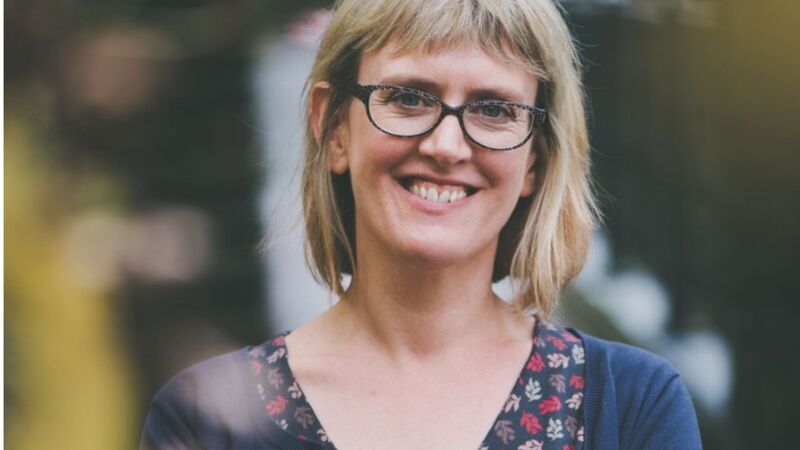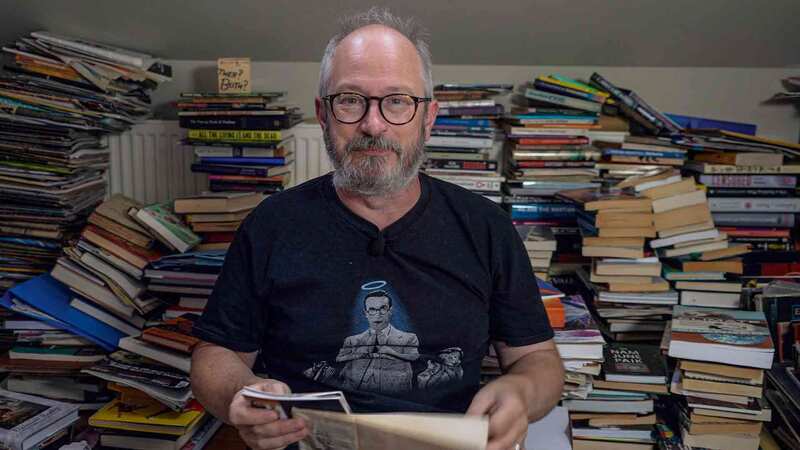You are viewing your 1 free article this month. Login to read more articles.
How to help debut writers fly
Five important insights from the first cohort of Orion’s debut writers’ academy.
This summer the commercial fiction teams at Orion trialled an eight-week online course for our 2024 debut writers. In part a response to The Bookseller survey on the mixed experiences of first-time writers, the aim of the course was to demystify the publishing process and connect those writing in similar genres. The course tutors were a combination of established authors from the Orion stable, external speakers and colleagues from across the company, each briefed to give a window into their working day and share their wisdom and expertise. I had no idea what to expect from the programme, but quickly these lunchtime sessions became the highlight of my working week. To my surprise, I learnt a great amount from the sessions too, inspired by the openness of our speakers and the honesty of the debut writers.
Here are five takeaways from the programme:
Finding your village
The speakers acknowledged how lonely writing can be as a profession, and the impact this has on their mental health. Throughout the course speakers shared practical advice on how to build relationships within the writing community to help with these feelings of isolation. For Mari Hannah this involved introducing herself to her local independent bookshop, making a lifelong friendship in the process with Helen at Forum Books. Cathy Bramley talked about writing retreats and festivals she attends with other writers, and the importance of these moments of connection. Jendella Benson shared how social media has helped her build relationships with other writers as well as communicate directly with readers, and the boost this reader feedback can give her on a difficult day. Agents and publishers should ensure authors are aware of professional networks and encourage them to seek out their writing community. As part of the feedback session for the course, the students asked for a list of Orion’s 2024 debut publications and biographies so they could support their fellow writers. They also volunteered to buddy up with next year’s intake of debut writers, sharing what they learnt during their journey to publication.
Sail your own boat
There is no doubt that social media amplifies transparency in publishing, but it can also lead to feelings of envy and anxiety for debut writers, a sense of competition rather than camaraderie. In the publicity and marketing session, journalist Nina Pottell was realistic about this competition, sharing just how many novels she considers for review for Prima. Practically how can writers deal with the comparison trap? Holly Seddon, author, and co-host of the "Honest Authors" podcast, reminded the group that social media is a highlight reel not the whole story, and while someone’s publishing journey might seem perfect, we don’t see what goes on behind the squares. Sharon Bolton’s advice was to concentrate on sailing your own boat, as ultimately that is what is in your control. My learning here was the importance of clarifying markers of success right from the beginning of the publishing process with a debut writer, and sharing how one author’s idea of success might look different to another.
Where should the balance of power lie in a publisher, agent, and author relationship? Shouldn’t all parties feel in the position of wanting to impress? Of wanting to do their best work?
Publishing a debut should be the beginning of a career, not a full stop
Our speakers opened up about the internal and external pressures placed on the performance of a debut novel from reviews to the bookscan track. It can feel like having one shot at success, but where do these pressures come from? They discussed the importance of nurturing a writer’s talent for the long term, expecting authors to get better with every book they write, rather than pressure to get it right first time. And similarly, there should be more emphasis on building an author’s readership book on book? These conversations continued in the Difficult Second Album session led by Orion Publishing Director Charlotte Mursell, M J Arlidge and Anna Mazzola, where the speakers acknowledged the pressures of writing a follow-up. A number of the students were deep in the thick of juggling promotion for the first book while managing a deadline for the second. What extra support can we give our debut writers during this notoriously arduous process? Veronica Henry stressed the importance of ringfencing writing time during the promotional period, a practical solution which we could support through manageable deadlines.
You don’t know what you don’t know
During the sessions we invited the students to ask questions, and one writer shared that they felt vulnerable admitting what they didn’t know. As publishers, we can sometimes falsely assume that debut writers have an elevated level of understanding about the industry at the point they sign a contract with us. From the complexities of the critical path to the challenges of the retail landscape, this is a business that still feels shrouded in mystery, with terms, finance structures and timelines that are unfamiliar and overwhelming to those encountering it for the first time. We need to work with agents to ensure expectations, the publishing process, and publishing decisions are effectively communicated. When we have new starters joining the company, we invest time and energy in talking through every aspect of publishing through training programmes. Agents and publishers should spend the same time and energy inducting our authors too.
Publishers are often criticised for withholding information, but it is the responsibility of everyone involved in the industry from agents to course programmers to fellow authors to be open and transparent about the business of publishing.
In the final session on the course, authors David M Barnett, Cathy Bramley and Sharon Bolton shared if and at what point in their career they chose to write full-time, and for those that juggle other professions how they diversify their revenue streams.
The balance of power in the publisher and author relationship
When a submission lands in an editor’s inbox, it is the start of an exciting sprint for us to take a project from acquisition through to a finished book. What we might forget in that process is the years of blood, sweat and tears that an author has spent on that manuscript to even get to the starting line. As Cassie Werber, one of our debuts, shared, writers can spend years trying to impress an agent and a publisher, and when they finally land a deal, they still feel in the position of wanting to impress and to feel grateful. Where should the balance of power lie in a publisher, agent and author relationship? Shouldn’t all parties feel in the position of wanting to impress? Of wanting to do their best work? We talk a lot in this industry about managing expectations as we near publication, but the process would be so much easier if all parties – author, agent and publisher – were honest and open about their expectations from each other, right from the beginning.
Orion’s debut writer’s academy is one of six shortlisted projects nominated for this year’s FutureBook Excellence Award. You can see the full shortlists for all four categories – Leader, Future Leader, Excllence Award and Startup – here. To mingle with our shortlistees and see the winners crowned live on 27th November, Book your ticket to FutureBook23 now.

















